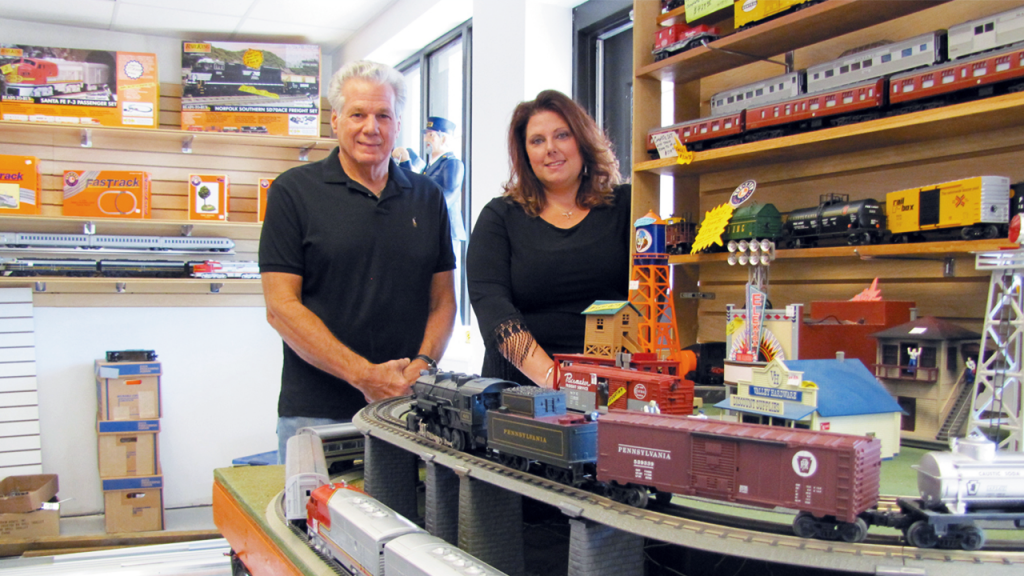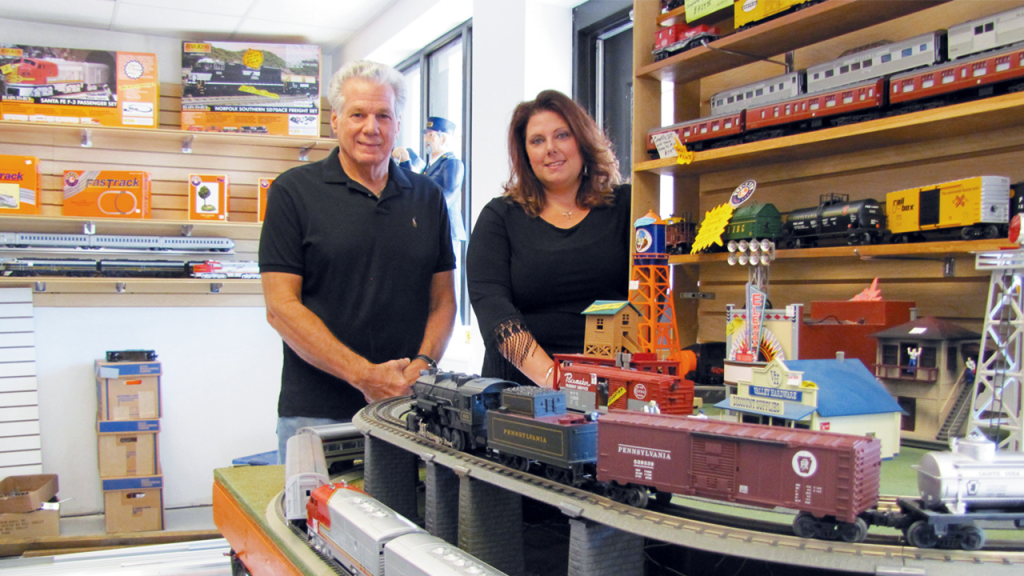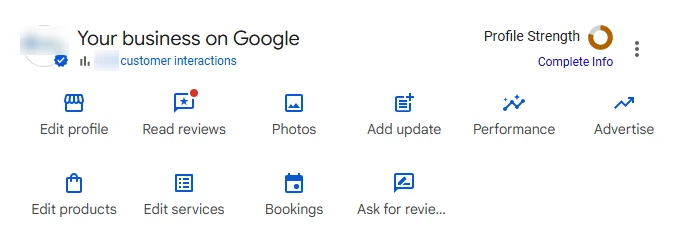Getting into business for yourself can feel like an impossible task—yet, as many as 627,000 new businesses open every year, according to the Small Business Administration. These small businesses flourish in their local communities because they provide something no big business can: a unique experience. It’s this unique experience that more and more people are coming to appreciate. In fact, it’s led to a massive #shoplocal movement.
Shop local movements have been around since the advent of the hashtag and even before. They’re about showing love for the small business owners who not only provide a unique experience—they’re also run by friends, neighbors and community members. People want to see small businesses succeed, and more and more, they’re backing up this sentiment with their dollars.
Consider this. The S&P 500 stock market index tracks the largest 500 companies in the United States—Walmart, McDonalds, and 498 others most of us know by name. But we’re not forced to shop at these massive corporations! Instead, people are choosing to shop at any of the more than 30 million small businesses that keep this country running. Here’s why.

How They Shop: Locally-Sourced, Artisanal Products
Consumers are more knowledgeable than ever these days. More importantly, they’re concerned about the products they’re buying. Shoppers want to know where their products come from, what they’re made of and how they’re handled. It’s led to a natural shift toward small businesses.
Big businesses tend to rely on complex supply chains and large-scale operations to mass-produce products. Unfortunately, there are some bad connotations associated with this scale. Slave and child labor. Environmental damage. Price gouging. Today’s consumers see past the products they’re buying, to the supply chains and production methods behind them. They want to feel good about what they’re buying—not contribute to a system they see as immoral or damaging.
Which would you rather buy: a mass-produced bottle of soap at the grocery store or a hand-crafted, artisanal soap from a local small business? Even for a few dollars more, people prefer the latter. They know who made it. They know what ingredients are in it. They feel good about buying it. it’s enough to get shoppers thinking twice before they impulse buy a mass-produced product at a big-box chain store.
Where They Shop: People Support Local Business
There’s a lot of animosity out there toward big-box chains and mega corporations. Walmart can’t move into a town without getting picketed. There are ongoing boycotts for companies like Amazon and Wayfair. Shoppers are fed up with the way these companies operate and they’re starting to show their discontent with their dollars.
Instead of spending money at a mega-retailer, people are choosing to give their money to local businesses. These are businesses they can develop real relationships with—businesses that are part of the community they love. There’s something so powerful about stepping into a local retail establishment and being greeted by name—as opposed to being just another face in the crowd at a chain store. Shoppers want this level of connection and familiarity, and they’re willing to forgo shopping with big businesses to get it. This connection fuels the ‘love of local.’
Consumers are also smart. They know that local dollars stay local when they’re spent at small businesses. The $5 you spend at a local bakery pays the wages of the people who work there, who then spend their money at other local businesses. Small businesses generate $68 of local economic return for every $100 spent with them. It creates a thriving community that’s both close-knit and wealthy.
Where does the money spent at big businesses go? It’s sucked out of the community and redistributed across the scope of that company’s operations—whether they’re active in five states or all 50. People know that keeping money in the community is important.

The Silver Lining of COVID-19?
It’s no secret that COVID-19 has crushed local businesses. Small mom and pop shops have had to close their doors, putting sales and services on-hold until the pandemic passes. Every day that drags on without reopening is money lost, which makes an eventual reopening even harder. But it’s not all doom and gloom for small businesses! They hold a distinct advantage over their larger counterparts.
Local businesses have local support! All they need is a little creativity to turn this local support into new forms of business. The local thrift shop might start hosting fashion shows on Instagram. A small accounting firm might leverage LinkedIn to connect with more local businesses. A local coffee shop might leverage a massive email list to kick up drive-thru sales.
Small businesses have a level of agility and flexibility that big businesses simply can’t muster. They can adapt and thrive in new ways, while big companies try to turn their titanic-sized operations to avoid the iceberg. More importantly, if something doesn’t work, small businesses can recollect and try something new—they’re not beholden to corporate policies or restrictive approaches!
COVID-19 might have small businesses on the ropes, but there’s still plenty of room for them to punch. With the support of the local crowd behind them and a willingness to shop local, all it takes is the right medium and message to get back on their feet!

How Local Businesses Can Win
Buying power. Brand loyalty. Deep pockets. Big brands seem to hold all the cards, and small businesses might feel like they’re David vs. Goliath when a big box chain sets up just down the street. But, like this biblical tale of overcoming the odds, small businesses have one major advantage: the support of their community.
Every day, more customers are choosing to walk into a small business and spend money for products and services they feel good about. And they’re going to keep doing it—especially now, as local businesses are rocked by COVID-19. Running a small business may seem like pushing a boulder up a hill sometimes, but it’s getting easier thanks to the communities and loyal patrons getting behind small business to give them a push when they need it most.
The post Growing Love for Local: How Small Businesses Can Triumph Over Big Brands appeared first on BizIQ.





Recent Comments